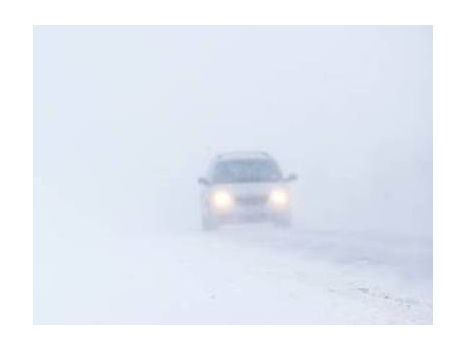Idaho Moves To Toughen Laws Regarding Cannabis Ads Targeting Out-Of- State Consumers.
- Inside Audio Marketing

- Feb 13, 2024
- 2 min read

Recreational marijuana use may be legal in Washington and Oregon, but its ads don’t seem to be particularly welcome across the state line in Idaho which is one of four remaining states where cannabis is illegal across the board. After some lawmakers started seeing billboards along the highway for dispensaries in the two neighboring states, there is a new effort to toughen restrictions on pot ads.
Republican Idaho state Rep. Judy Boyle has filed a bill (RS 31043) that if passed would prohibit advertisements in Idaho for any illegal activities or products, including those that are legal on the other side of the border.
“This bill is to prohibit illegal ads, any kind of advertising going on for illegal activities, or products,” Boyle said during a hearing last week in Boise. What is permitted, she said, is whatever is allowed in Idaho. “That's all we really have jurisdiction over,” Boyle told lawmakers.
While the sales are legal in Washington and Oregon, she said that Idaho residents are being targeted with home delivery services in the two states where cannabis is now legal. “You can have drugs delivered to your Idaho doorstep, so I thought this was a little outrageous, so that's why you have this bill before you,” she said.
The House State Affairs Committee unanimously advanced the bill on a voice vote. The next step is a hearing in the Idaho House of Representatives.
Idaho, along with Wyoming, Kansas, and South Carolina, remain the only states where all forms of cannabis sales remain illegal, including medical marijuana. A proposal to legalize medical cannabis was introduced last year, but it failed to advance. The pro-pot group Kind Idaho says it will again lobby to change the law in 2024 to create a system of medical cannabis dispensaries. In contrast, Oregon and Washington are states where it is fully legal.
Marijuana remains illegal under federal law, and while the Federal Communications Commission has not gone after any stations for airing cannabis commercials, broadcast attorneys recommend they be avoided until federal law changes. The Department of Health and Human Services has recommended to the Drug Enforcement Administration that marijuana be reclassified as a lower-risk, Schedule III controlled substance. But no changes have been made so far. The current federal classification of marijuana as a Schedule I controlled substance has radio and television stations holding back out of fear that they could face challenges to their licenses or fines at the FCC.




Comments